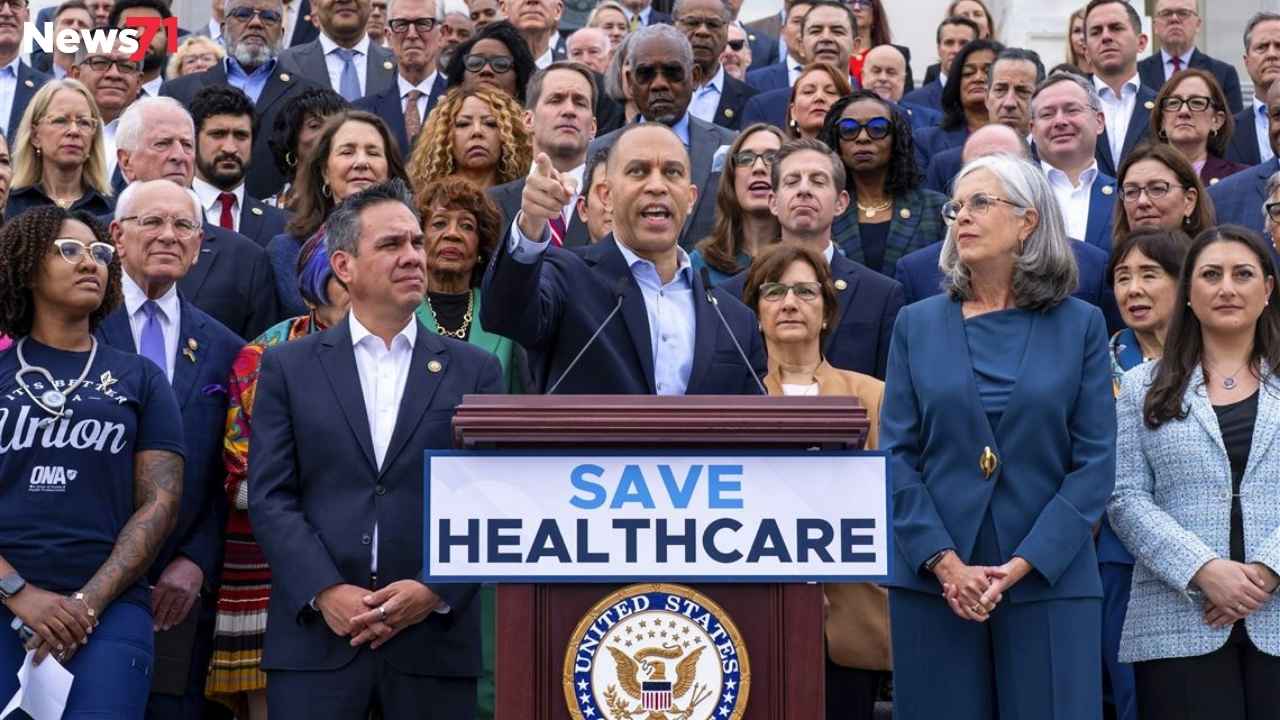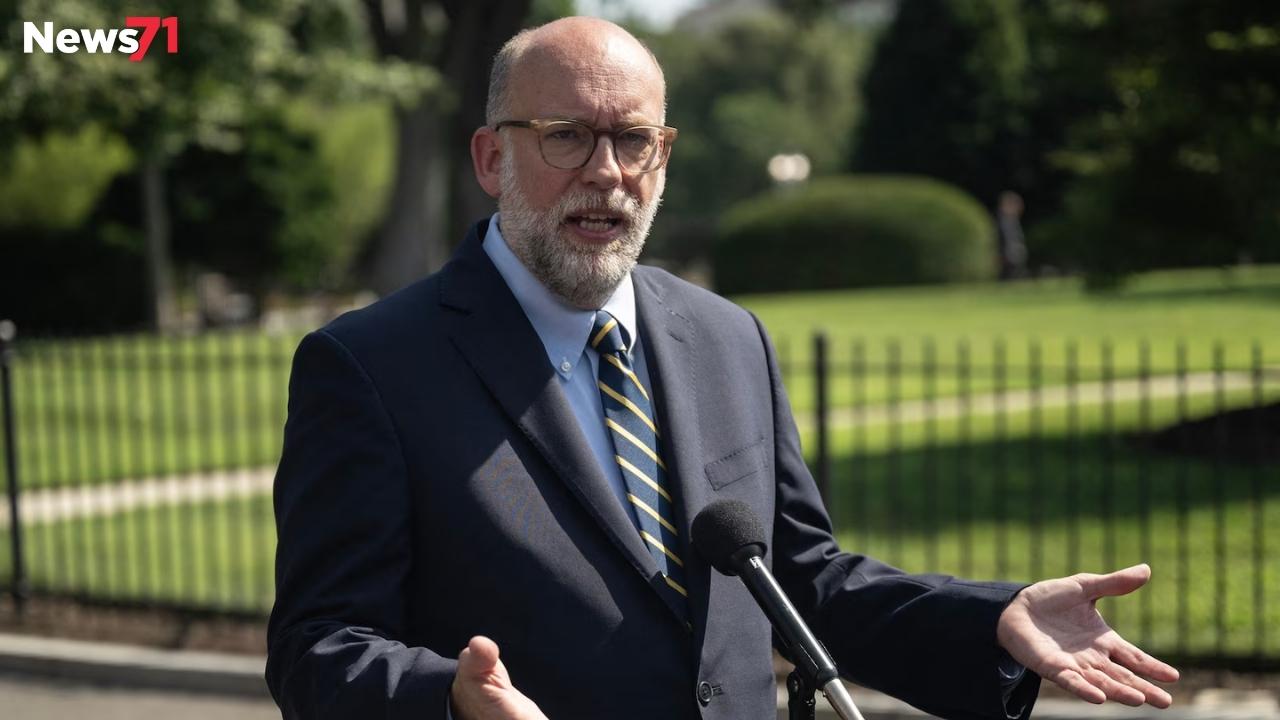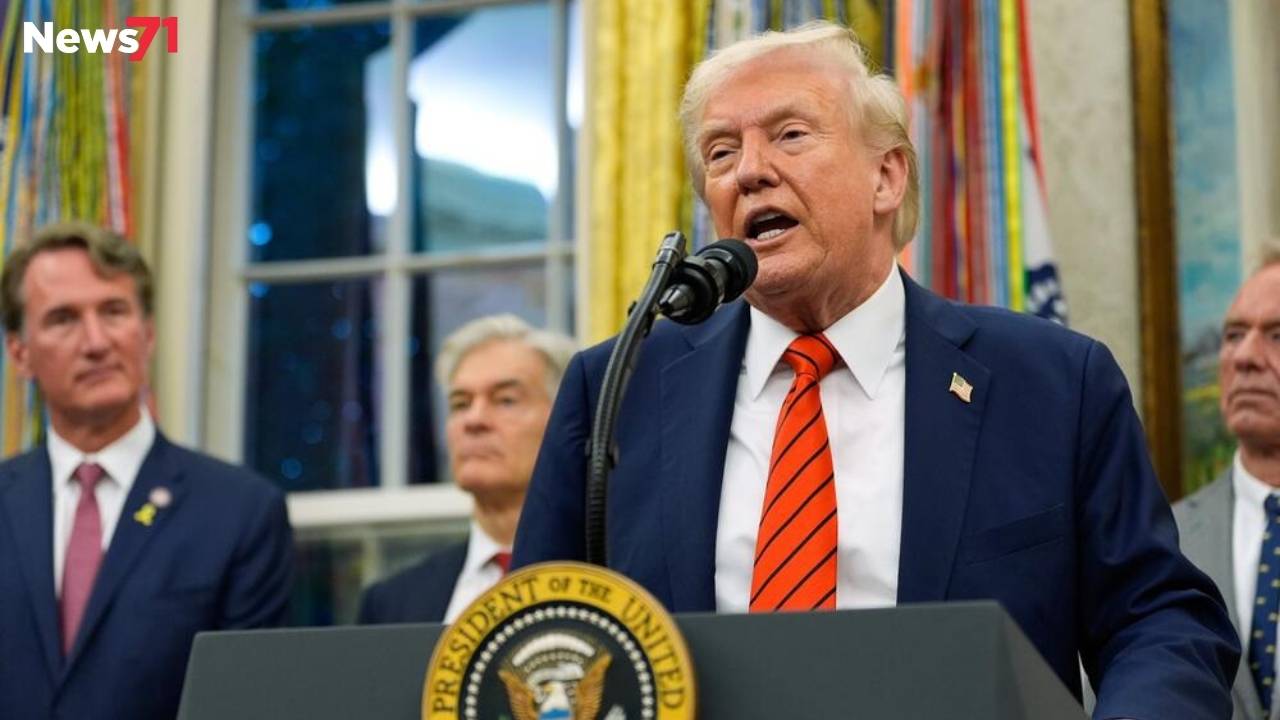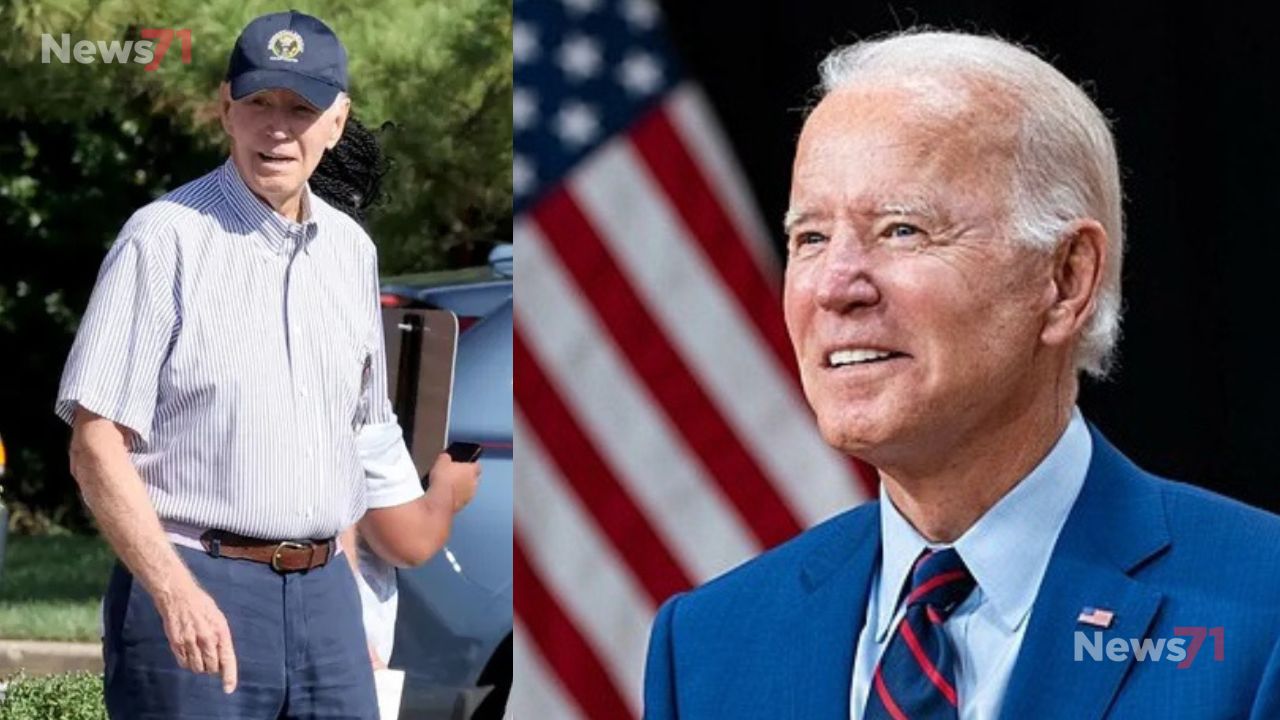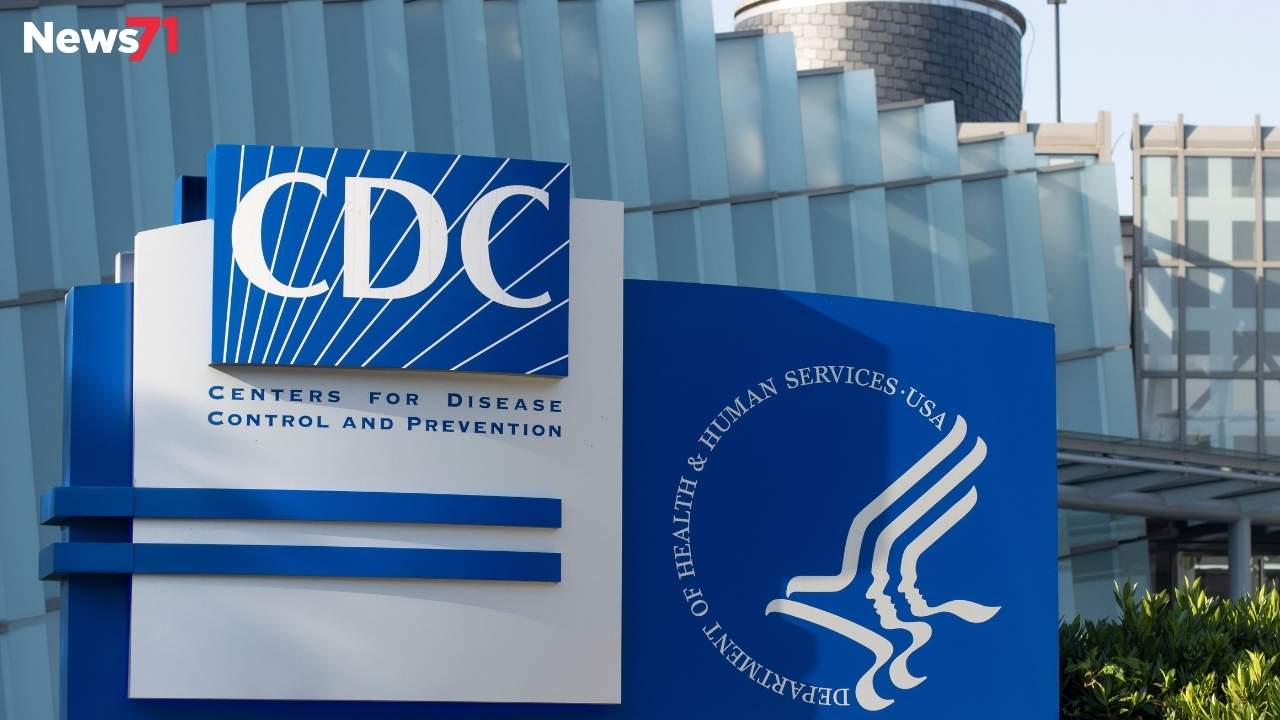As the federal government shutdown stretches into its tenth day, one of the most contentious issues at the center of negotiations remains the fate of Affordable Care Act (ACA) insurance subsidies a key financial lifeline for millions of Americans.
These premium tax credits help reduce or eliminate monthly health insurance costs for individuals purchasing coverage through the federal marketplace. Initially established under President Obama’s ACA, the ACA Subsidies were expanded during the COVID-19 pandemic to increase financial aid and widen eligibility. Those enhancements, however, are set to expire at the end of the year, sparking a political standoff in Washington.
Republicans argue that the pandemic-era expansions went too far and are pushing for a temporary funding bill that excludes any action on the subsidies, promising to revisit the issue later. House Speaker Mike Johnson (R-La.) downplayed the urgency, calling it “a Dec. 31 issue” and suggesting that “dramatic changes” would be required before any extension is considered.
Democrats, meanwhile, warn that failing to renew the ACA Subsidies before open enrollment begins on Nov. 1 could raise premiums for millions of Americans. “The top priority is these subsidies,” said Melinda Buntin, a professor at Johns Hopkins University, noting that their expiration would immediately impact household budgets.
ACA Subsidies
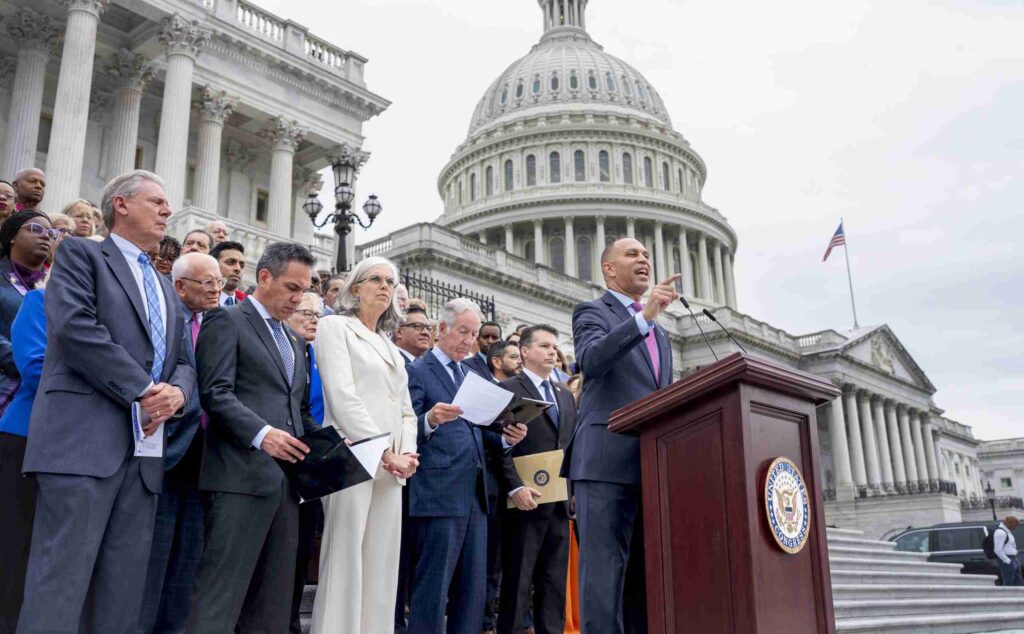
According to the Congressional Budget Office, premiums for marketplace plans could rise by 4.3% in 2026 and 7.7% in 2027 if no extension is passed. A KFF analysis found that average subsidized premiums could more than double from $888 in 2025 to $1,904 in 2026.
The ACA Subsidies enjoy broad bipartisan public support: 78% of Americans, including over half of Republicans, favor extending them. Yet lawmakers remain gridlocked. House Minority Leader Hakeem Jeffries warned that without action, “tens of millions of Americans are about to face dramatically increased premiums, co-pays, and deductibles.”
Experts say the lapse would hit low-income workers and those in non-Medicaid expansion states the hardest. “These are people who don’t get coverage through their jobs and can’t afford $600 a month for high-deductible plans,” said Naomi Zewde of UCLA.
Some, like Vanderbilt University’s James Blumstein, believe a retroactive fix could still be reached even if the deadline passes. He suggested both parties might eventually agree to preserve the ACA Subsidies but scale back pandemic-era enhancements.
President Donald Trump initially hinted at being open to negotiating a health care deal to end the shutdown, but later clarified that he would only discuss the issue once the government reopens. This has left the situation in a stalemate: Democrats insist on including the ACA subsidies in any deal to reopen the government, while Republicans refuse to negotiate on health care until after reopening.
“The two sides are locked in a cycle,” Buntin observed. “Democrats see an opportunity to protect a policy that benefits millions and they know deadlines can be powerful leverage.”
